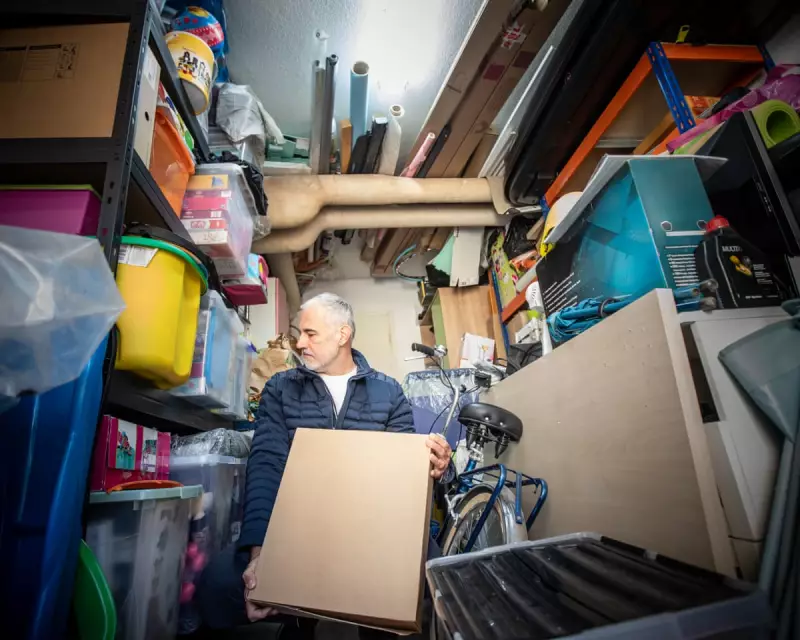
The Unconventional Path to Freedom Through Less
Many of us spend years accumulating possessions, only to find ourselves burdened by the very items we once cherished. For broadcaster and Guardian columnist Adrian Chiles, this constant worry about physical stuff - things used, unused, or destined for landfill - represented a significant life concern. That was until he encountered Deborah's revolutionary perspective on living with less.
A Shared House at 65: Choice Over Circumstance
Deborah, aged 65, has deliberately chosen to rent a room in a house she shares with three younger housemates. As she noted in a radio interview following her Guardian feature, the combined ages of her housemates barely exceed her own. This arrangement isn't born of financial necessity but represents a conscious decision to escape the burdens of maintaining a larger property suitable for visiting grandchildren.
Her philosophy challenges conventional retirement planning: "Money isn't something you collect, it's something that allows you to do things." After paying rent, Deborah dedicates her remaining funds to enjoying life's experiences rather than accumulating more possessions or leaving substantial inheritances.
The Liberation of Constrained Living
Deborah's approach to what she calls "stuff-shedding" offers a fresh perspective on minimalism. "I wanted to stop collecting stuff and start living," she explains, "and the best way to do that is to have constrained living circumstances and actually focus on going out and doing things."
While Chiles acknowledges this approach might frustrate those for whom constrained living isn't optional, he recognises the power in Deborah's intentional choice. By deliberately limiting her physical space and possessions, she has created freedom rather than restriction.
The result? Deborah describes living "a better life than I've ever lived before because I'm actually doing all the stuff I want to do, and I still come home to a warm room every night." Her children support her approach, understanding that inheritance matters less than their mother's present happiness and fulfilment.
Beyond Conventional Retirement Thinking
This radical approach to later life challenges traditional notions of retirement planning, home ownership, and intergenerational wealth transfer. While not financially feasible for everyone, Deborah's story invites reconsideration of what truly constitutes security and happiness in our later years.
The core insight remains powerful: sometimes the path to greater freedom involves willingly embracing constraints rather than constantly seeking more space, more possessions, and more responsibility. For those feeling overwhelmed by their belongings, Deborah's example offers an inspiring alternative vision of what retirement could become.





